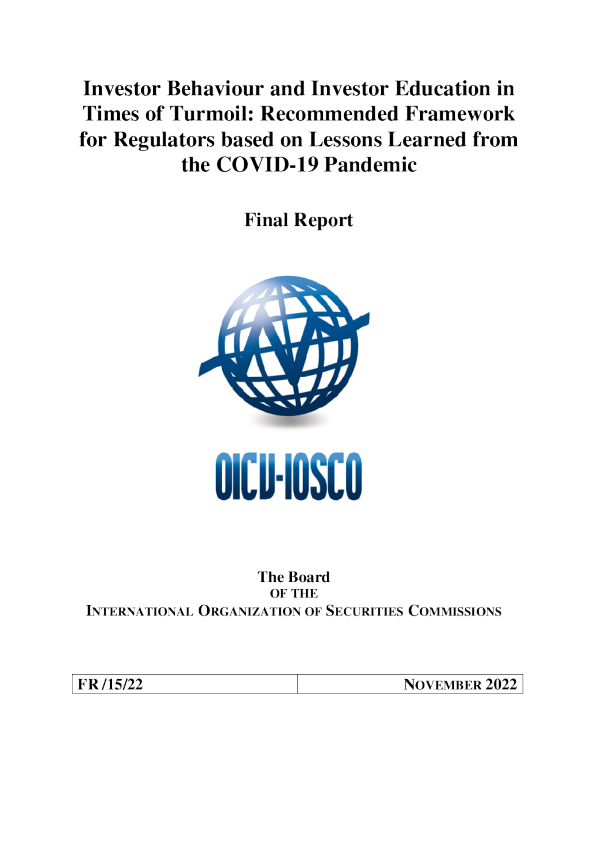Developing Housing and Education Partnerships: Lessons from the Field

RESEARCH REPORT Developing Housing and Education Partnerships Lessons from the Field Megan Gallagher March 2015 EDUCATION AND TRAINING ABOUT THE URBAN INSTITUTE The nonprofit Urban Institute is dedicated to elevating the debate on social and economic policy. For nearly five decades, Urban scholars have conducted research and offered evidence-based solutions that improve lives and strengthen communities across a rapidly urbanizing world. Their objective research helps expand opportunities for all, reduce hardship among the most vulnerable, and strengthen the effectiveness of the public sector. Copyright © March 2015. Urban Institute. Permission is granted for reproduction of this file, with attribution to the Urban Institute. Cover image is an Early Childhood and Education Assistance Classroom (ECEAP) at Rise and Stars Community Center in Vancouver, WA. Photo by Jasmine Simington. Contents Acknowledgments iv Akron, Ohio 3 New Haven, Connecticut 3 Vancouver, Washington 4 Shared Goals and Joint Strategies 6 Effective Leaders and Staff Members 7 Leaders 7 Managers 8 Service Providers 8 Partnerships with Strong Service Providers 9 Flexible Funding Sources 10 Promising Programs and Services 11 Homelessness 12 Early Learning 12 Family Engagement 12 Out-of-School Time 13 Absenteeism and Attendance 14 Postsecondary Preparation 14 Case Management 14 Data for Decisionmaking 15 Systems and Protocols for Coordination 17 Communication 17 Colocation 18 Key Findings 19 Next Steps 20 Notes 21 References 22 About the Author 23 Statement of Independence 24 Acknowledgments This report was funded by the Council of Large Public Housing Authorities. We are grateful to our funders, who make it possible for Urban to advance its mission. It is important to note that funders do not determine our research findings or the insights and recommendations of our experts. This report benefited from the comments of Urban Institute colleagues Martha Galvez, Josh Leopold, and Justin Milner. Jasmine Simington provided careful research assistance. We are grateful to CLPHA staff in Washington, DC, and dedicated individuals in Akron, New Haven, and Vancouver for sharing their experience and insight with our research team. The views expressed are those of the author and should not be attributed to the Urban Institute, its trustees, or its funders. IV ACKNOWLEDGMENTS Introduction Schools and youth-serving organizations often struggle to better meet the needs of low-income students and to connect them to resources that can stabilize their lives and strengthen their academic competencies. Assisted-housing providers, including housing authorities, are in a unique position to support educators, low-income students, and their caregivers outside the school day. By partnering with schools and school districts, housing providers can help address challenges outside school that can become barriers to learning—such as housing instability, truancy, and health problems. Their roles as developers and landlords create opportunities to connect housing and education. As developers, housing authorities can build or repurpose facilities and bring education supports closer to assisted-housing developments. As landlords, housing authorities can expand on-site resources and change the quid pro quo for housing assistance; if a housing authority wants to use its leases to require school attendance or education planning for young residents, it can. Housing authorities can also facilitate connections with schools and school districts through data sharing. The housing field is exploring creative approaches and promising practices to further link housing and education services. The Council of Large Public Housing Authorities (CLPHA) is a membership association that represents 70 of the nation’s largest public housing authorities. To help meet its members’ desire to support educational outcomes for low-income students, CLPHA kicked off an education initiative in 2013. The initiative started with CLPHA’s “Bringing Education Home” report (Council of Large Public Housing Authorities 2012), which scanned promising practices of members that were leveraging their role as housing providers to help boost academic achievement for children in assisted housing. Today, CLPHA is providing technical assistance and field-building support to practitioners, conducting policy advocacy on Capitol Hill, and entering partnerships with other national organizations to advance meaningful and sustainable partnerships between the housing and education sectors. As part of that effort, and with the support of the Bill and Melinda Gates Foundation, CLPHA enlisted the Urban Institute to develop a set of case studies to document and describe housing and education partnerships in three diverse settings: Akron, Ohio; New Haven, Connecticut; and Vancouver, Washington. Each case study highlights key elements that shape and strengthen the partnership. This report summarizes the innovativ




